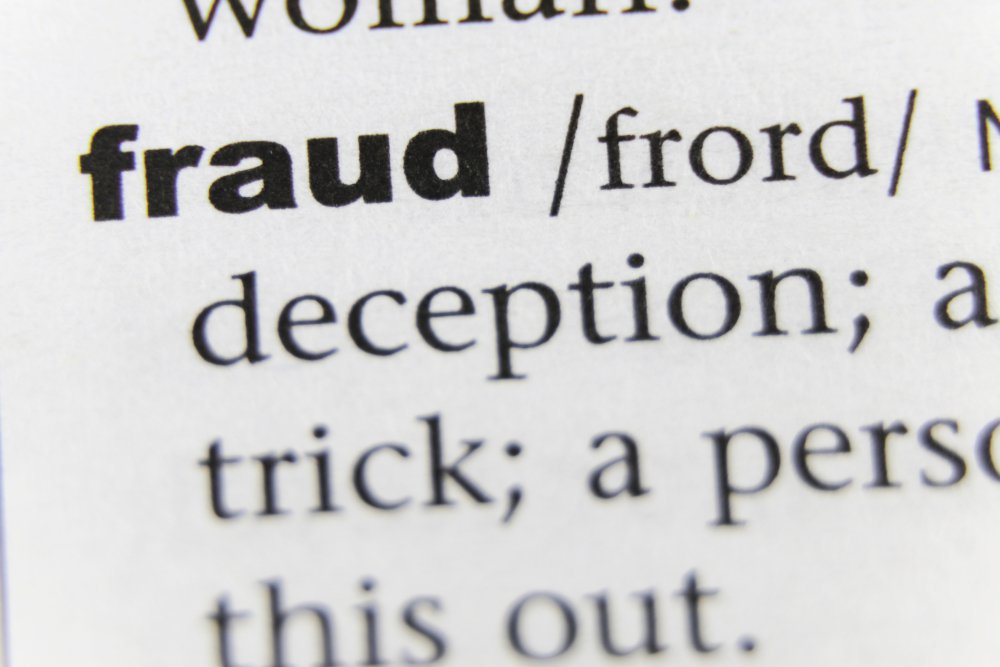Business interruption insurance can replace revenue that is lost if your business must close temporarily or your business is otherwise impacted due to direct physical loss or damage from a covered peril, such as a fire or water event. While this coverage is valuable, getting your insurance company to pay you the benefits you believe you bargained for in the policy is often an agonizing challenge. Moreover, having a business interruption does not in and of itself entitle you to benefits, as explained below.
Business Interruption Coverage
Business interruption insurance, which is also called business income insurance, is generally bundled into a business owner’s policy or a commercial property insurance policy. Benefits are typically triggered when a covered peril causes direct physical damage to the insured premises and this damage requires the temporary suspension of business operations. Covered perils typically include fire, wind, theft, falling objects and lightning. Some policies cover closure by a civil authority, which applies when you are unable to access your business property due to a government order related to physical damage to an adjacent or nearby property.
Exclusions
Business interruption insurance typically does not provide coverage for losses from earthquakes or floods, which must be insured separately. Some policies explicitly exclude losses from pandemics, viruses or communicable diseases. Generally speaking, “direct physical loss or damage” from a covered peril must occur for business interruption benefits to be triggered.
What The Policy Will Pay For
Business interruption insurance covers lost profits and reasonable expenses that are incurred to allow the business to continue operating during the period of interruption. The insurance will pay for operating expenses, fixed costs, payroll, taxes, loan payments and a temporary location if applicable. The amount payable will be determined by a formula based on the company’s past financial performance, up to the policy limits.
Coverage Period
For most policies, the coverage period extends from the date the business suffered interruption until the date that the damaged property is repaired and returned to its prior condition. Some policies may have a waiting period of 48 to 72 hours.
The Pandemic and Business Interruption
The pandemic and related government shutdowns caused large-scale interruptions to businesses, particularly in spring 2020. Thousands of businesses filed business interruption claims, but the vast majority of cases to date have been decided in favor of the insurers. Between the “direct physical loss” requirement, which applies to both property damage and civil authority coverage, and the virus exclusions, most claims went nowhere, except in certain cases that usually involved large companies with specialized policies. In general, the courts largely agreed with insurance companies that the alteration or destruction of covered property is necessary to trigger benefits.
Making a Claim
When filing a business interruption claim, expect that your insurance company will look for loopholes to avoid covering the claim and/or dispute the amount of revenue you are losing and the expenses you are incurring as a result of the closure. Insurance companies routinely rely on crafty policy language to deny or limit claims, and they slow claims down by requiring business owners to submit voluminous, often unnecessary documentation.
Carefully review your insurance policy or policies to determine your rights and obligations. It is important that you comply with the policy’s notice requirements; many policies have short deadlines following an event for providing notice and proof of loss. Your insurance company will typically send an adjuster to assess the damage and submit an estimate for your review. You will be responsible for submitting certain documentation about your business’s financial history and documentation demonstrating your financial losses as well as the business assets or property affected by the qualifying event. You may also need to take immediate steps to prevent further damage of the property, such as fixing leaks or securing the premises. These measures are reimbursable by the insurer; be sure to document and save receipts for these and other expenses you incur as a result of the loss and/or the interruption to your operations.
If you have any difficulty with your business interruption claim, call us for assistance. We have the experience and tenacity to make sure insurance companies keep the promises to policyholders like you.
Contact us today for a free consultation.
Evan S. Schwartz
Founder of Schwartz, Conroy & Hack
833-824-5350
[email protected]


